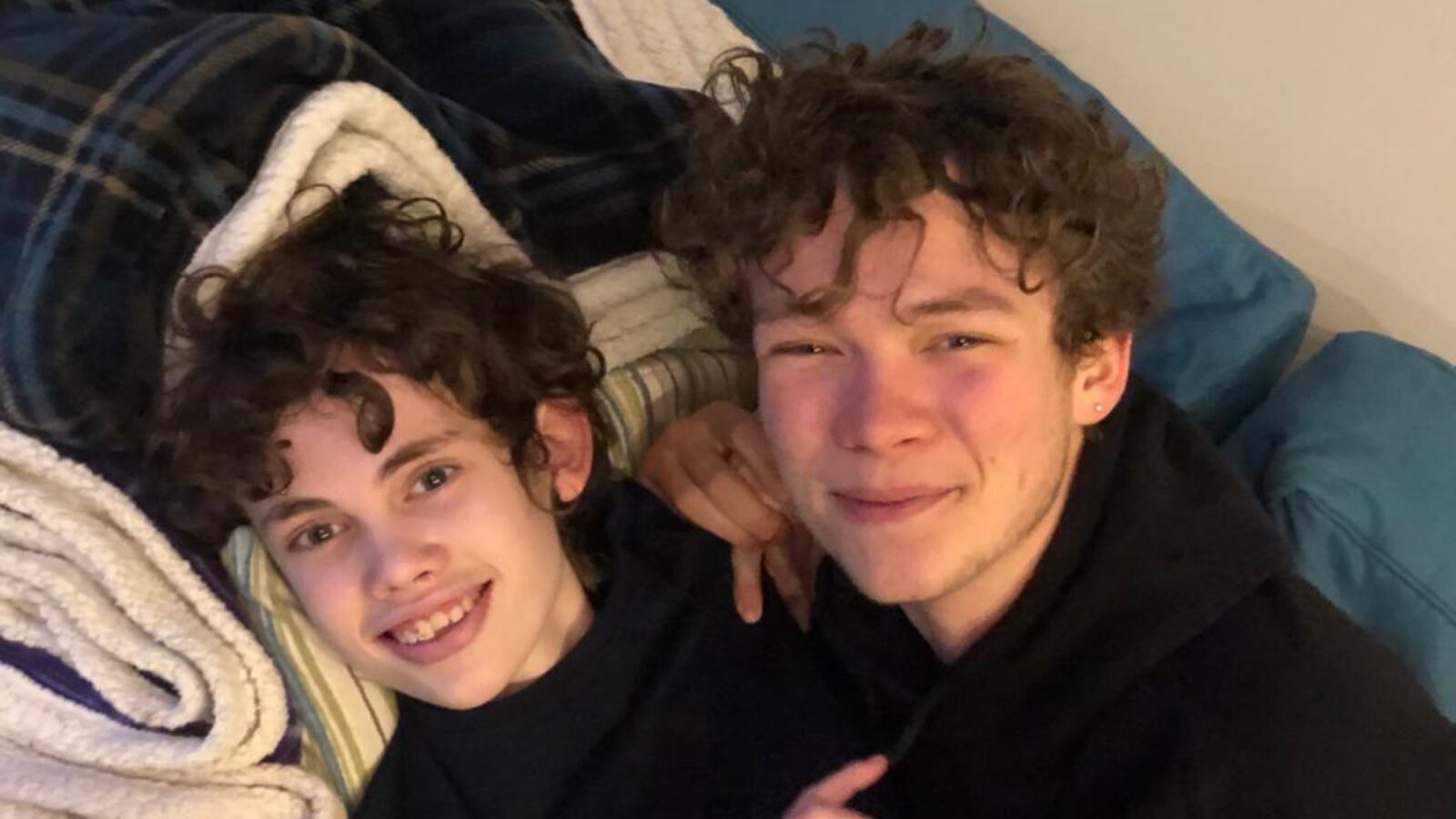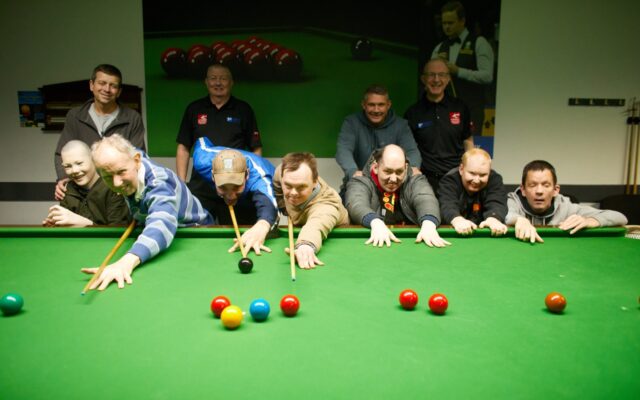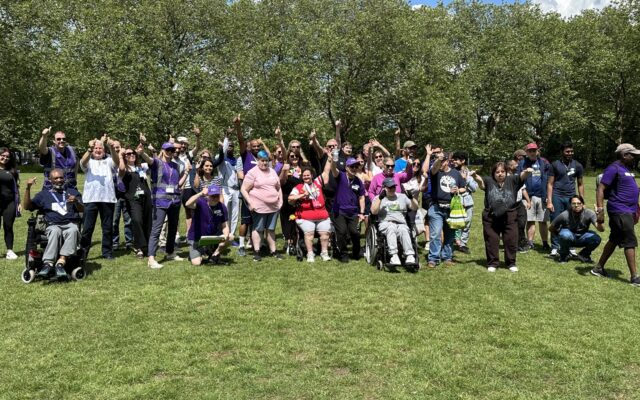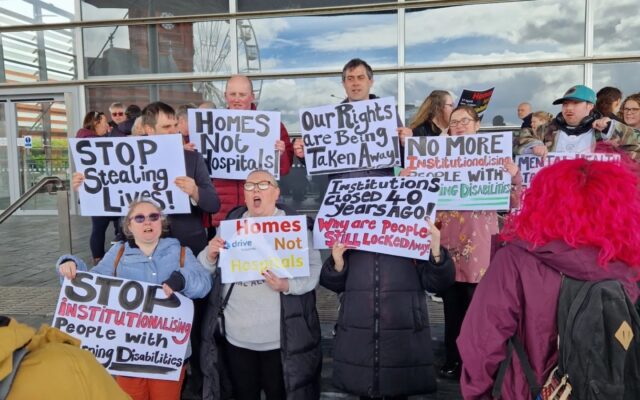Six months after the death of my beloved teenage brother Spencer at a residential care home in southern England, my mum and I went to the charity Inquest’s Mental Health, Learning Disability and Autism Family Consultation Day.
The purpose of that event in London last May was to amplify the voices of families like ours and ensure relatives can contribute to policy changes.
Inquest is the only charity providing expertise on state-related deaths and their investigation to bereaved people. The day’s discussions fed into the charity’s report on the problems relatives face after the death of a loved one in mental health services.
The report reflects demands for changes to the system, including:
- Independent investigations into deaths related to mental health
- A national coronial service to address inconsistencies in the inquest system
- Non-means tested legal funding for all families involved in inquests where state bodies are involved
- A duty of candour on those giving evidence.
These concerns also drive Inquest’s No More Deaths campaign to end preventable state-related deaths. The campaign calls for a new independent public body to analyse and follow up recommendations from inquests, inquiries, official reviews and investigations into such deaths.
Still reeling from my 19-year-old brother’s death while in residential care in November 2021, we arrived at the family day overwhelmed and uninformed. The majority of those attending were further down the line than us; most had completed the lengthy and draining inquest process.
Callous gaps in our legal system such as these hamper too many families’ search for justice and accountability.
People spoke candidly about their experiences, all of which were incredibly harrowing. There were 14 family members bereaved by deaths in the care of mental health services or settings for people with learning disabilities and/or autism.
We shared common ground, anger and grief and spent time simply being around people who understood such ineffable ordeals. What united us was the desire to ensure that more families do not have to endure the same experience.
The main mechanism through which bereaved families seek change is through prevention of future death reports. Coroners have a statutory duty to issue these when they feel future deaths can be mitigated – but only if the failings that led to a death are deemed systemic or likely to be repeated.
Many families we met did not receive such reports; the deaths were deemed to result from individual failings so did not merit them. Yet, in most cases, those accountable were not prosecuted due to the unreasonably high threshold for criminal charges such as manslaughter or neglect.
Callous gaps in our legal system such as these hamper too many families’ search for justice and accountability.
Despite these relatives’ frustration at the processes, they were unbelievably kind in discussing their experiences. People warned us of the realities of facing legal teams, such as bullying defence lawyers.
Many felt they were left in the dark or, on the contrary, were bombarded with information at a time they were unable to process it.
We all agreed that the voices of the relatives left behind need to be listened to in a meaningful way.
Afterwards, I was unsure how to feel. I was torn between replaying all the obstacles to justice I had heard about and tuning into the beauty of being in a room with people who really care. Solidarity, understood as a consciousness of shared interests, is truly joyful.
All the staff present that day, all the caseworkers and everybody in between embody these shared interests. They recognise and believe in their heart of hearts that our struggles are their struggles. Most importantly, they convinced me that they truly cared. The effect this has on one’s soul during such dark times is indescribable.
This article is based on a blog written for Inquest’s website
Will Lewallen is a writer, climber and works supporting children with special needs





